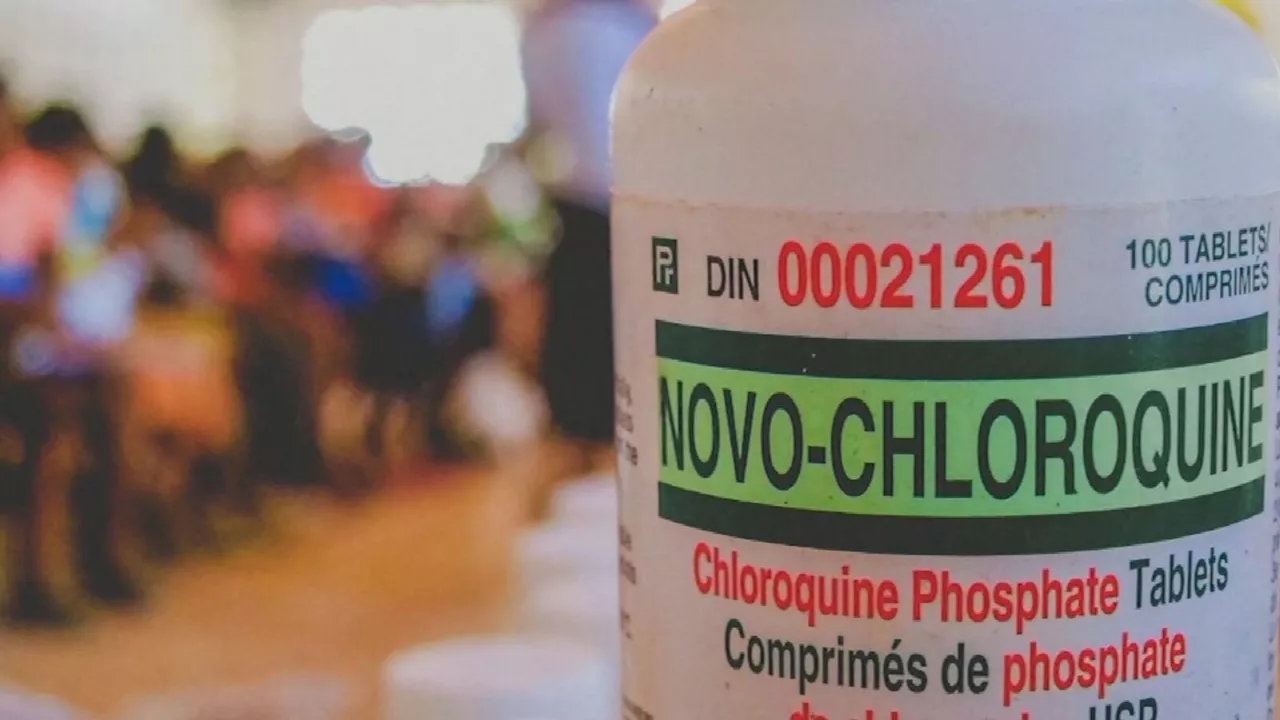Chloroquine phosphate is an older antimalarial drug that doctors still use in some places. You may also see it mentioned for certain inflammatory conditions, but hydroxychloroquine is often preferred today. Before you consider this medicine, it helps to know what it does, the main risks, and simple safety steps you can take.
Primarily, chloroquine treats and prevents malaria caused by chloroquine-sensitive parasites. In some regions it’s used for autoimmune problems when other options aren’t suitable. Treatment plans and duration depend on the illness and local resistance patterns. Always follow a clinician’s prescription rather than guessing at doses.
If you find information about using chloroquine for other conditions online, be cautious. Doctors rely on up-to-date guidelines and lab tests to decide if it’s right for you. Self-treating with chloroquine can be dangerous.
Chloroquine has a few important risks people often don’t expect. It can affect the heart by changing the heart rhythm (QT prolongation). That risk goes up if you take other medicines that affect QT, like certain antibiotics or antidepressants. It can also harm the retina with long-term use, causing vision changes. Regular eye checks are needed if you’re on it for months.
Other common complaints include nausea, headache, dizziness, and skin reactions. Rare but serious effects include muscle weakness, liver problems, and seizures. If you notice chest pain, fast or uneven heartbeat, sudden vision loss, severe muscle weakness, or fainting, get medical help right away.
Who should be extra careful? Tell your doctor if you have heart disease, an irregular heartbeat, liver or kidney problems, epilepsy, or a history of retinal disease. Also mention pregnancy and breastfeeding—treatment choices change depending on the situation and where you live.
Drug interactions matter. Combining chloroquine with other QT-prolonging meds, certain antipsychotics, some antidepressants, and some antifungals raises risk. Always give your prescriber a full list of medicines, including over-the-counter drugs and supplements.
Simple steps to stay safer: only take chloroquine when prescribed, get a baseline ECG if your doctor recommends it, schedule eye exams for long-term use, report new symptoms quickly, and avoid mixing with other risky drugs. If you buy medicine online, use verified pharmacies and keep the original packaging and leaflet.
Questions to ask your doctor: Is chloroquine the best option here? How long will I need it? Do I need an ECG or eye exam? Which side effects should make me stop the drug immediately? These short questions steer a practical conversation and cut confusion.
Chloroquine can be useful in the right setting, but it’s not harmless. Talk to a healthcare professional, follow monitoring advice, and don’t self-medicate based on unverified sources. That’s the safest way to get the benefit without unnecessary harm.

In my recent research, I've discovered the potential benefits of chloroquine phosphate in treating liver diseases. This drug, originally used to treat malaria, has shown promising results in reducing inflammation and fibrosis in the liver. Furthermore, it may help in slowing down the progression of certain liver diseases, potentially improving the quality of life for those affected. As a blogger passionate about health, I'm excited to keep an eye on ongoing studies and share any breakthroughs with my readers. Let's hope that chloroquine phosphate paves the way for more effective treatments in the field of liver diseases!
READ